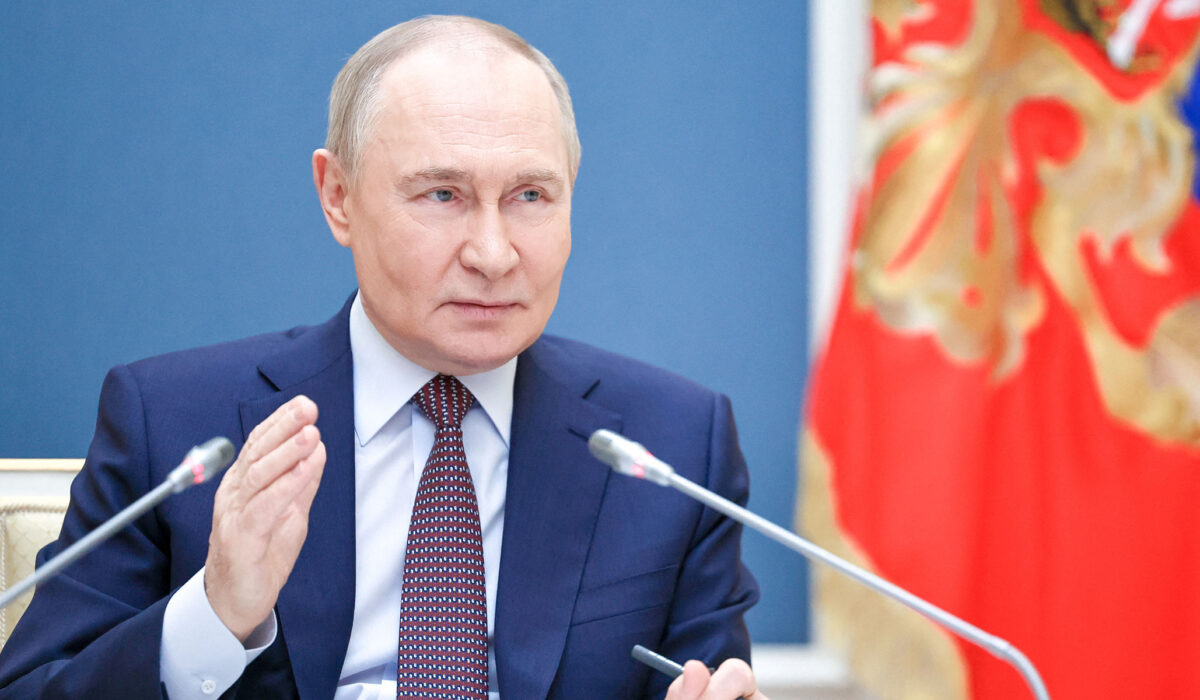Why the Plan Is a Strategic Gift to Moscow
“If adopted, the proposed peace plan would yield a victory to Moscow greater than the one it set out to achieve on the battlefield.” That blunt assessment captures the risk: a diplomatic settlement that freezes gains becomes de facto recognition of conquest. From a Republican perspective, conceding territory without clear, enforceable terms rewards aggression and weakens U.S. deterrence.
Any agreement that leaves disputed ground under Kremlin control hands Russia political leverage for years. Russia would get the benefits of occupation without the cost of continued fighting, and Western credibility would erode. Voters and allies would see a payoff for brute force, and that sets a dangerous precedent globally.
Sanctions are a blunt instrument but they work when backed by credible follow-through and a willingness to escalate. The worry is that a peace plan tied to sanctions relief could let Moscow breathe, rebuild, and rearm. Republicans argue punishment must be sustained until concrete returns of territory and safeguards are in place.
Ukraine’s sovereignty is nonnegotiable in principle, but negotiations that lock in losses turn principle into a cosmetic. A deal that freezes front lines effectively legalizes border changes hammered out by tanks and artillery. The correct posture is to press for outcomes that restore control and secure enforceable guarantees.
NATO and allied unity depend on clarity and resolve, not ambiguous compromises that paper over Russian gains. If allies accept a settlement that rewards Moscow, alliance cohesion frays as different members calculate national risk. Strong American leadership should rally partners to insist on terms that deter future invasions.
Military aid matters because it shapes bargaining power at the table. Without robust support for Ukraine’s defense, the negotiating position is weaker and concessions increase. Republicans typically favor arming partners to strengthen their hand and reduce the chance a negotiated pause locks in permanent losses.
Diplomacy is essential, but real diplomacy is backed by strength and a clear red line. Negotiations undercut by unilateral concessions or quick relief to Moscow will not produce a durable peace. A deal that looks stable because fighting stops can still be unstable because it rewards bad behavior.
Voting publics must understand the stakes: appeasement today can mean higher costs tomorrow. A settlement that hands strategic advantages to Russia risks emboldening other authoritarian actors watching for similar opportunities. Republican messaging stresses that defense of liberty requires firmness, not shortcuts.
Economic pressure should be coordinated and sustained, not lifted at the first sign of a headline-friendly agreement. If sanctions are the lever, they must be used until verifiable, irreversible steps restore security. A premature end to pressure swaps long-term security for short-term optics.
Politics will shape any outcome, but the strategic logic is straightforward: do not make concessions that are worse than the fighting. A plan that rewards Moscow more than battlefield gains fails the test of American interests and global stability. Policy should aim for a settlement built on restored sovereignty, enforceable guarantees, and durable deterrence.

